Poststructuralism passes through Freud’s thinking-theorizing in its disrupting of metaphysics, yet this passing transforms that through which it...
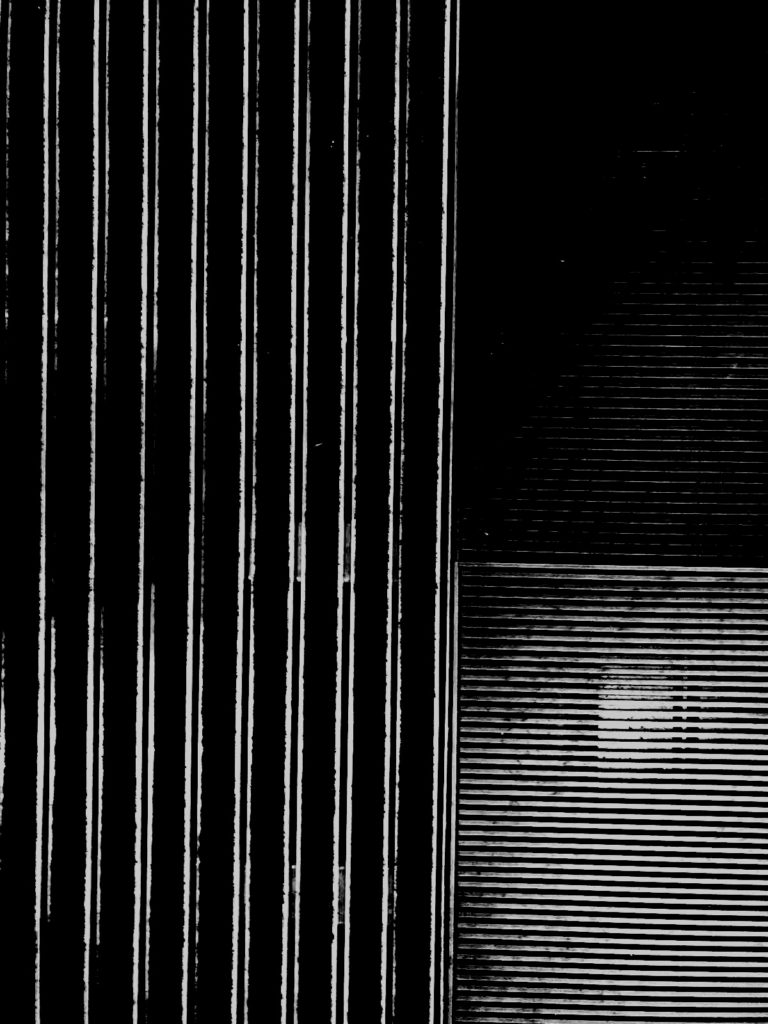

Poststructuralism passes through Freud’s thinking-theorizing in its disrupting of metaphysics, yet this passing transforms that through which it...
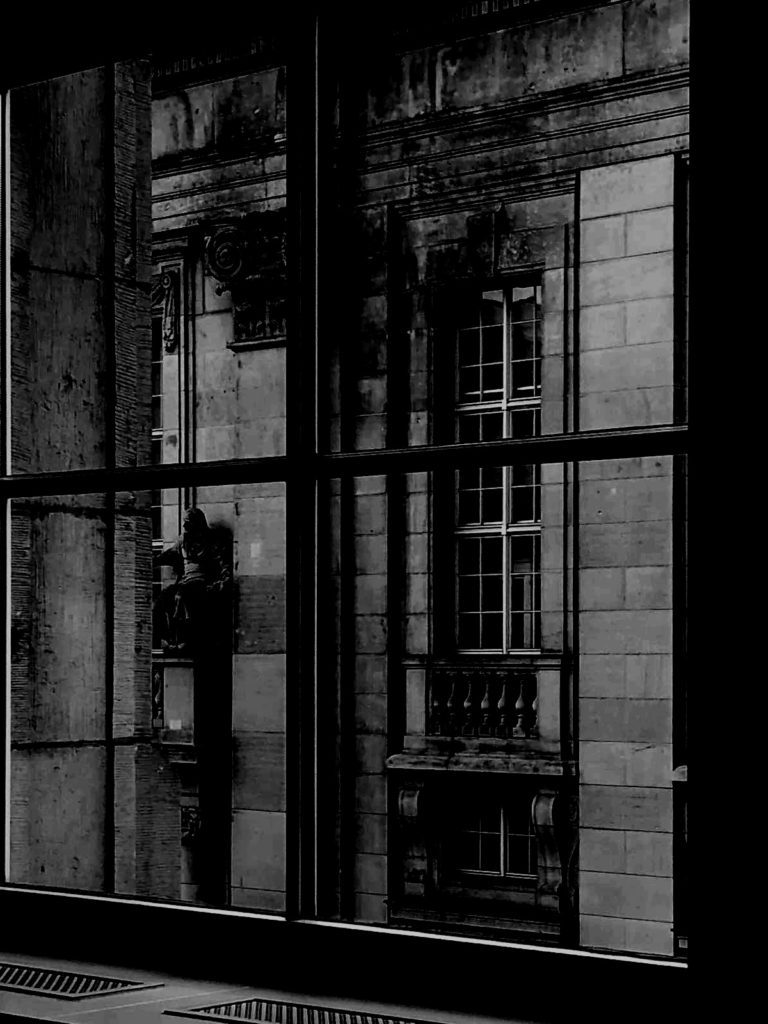
The German word that Heidegger uses is Befindlichkeit, which does not mean ‘mood’, but rather ‘how one finds...
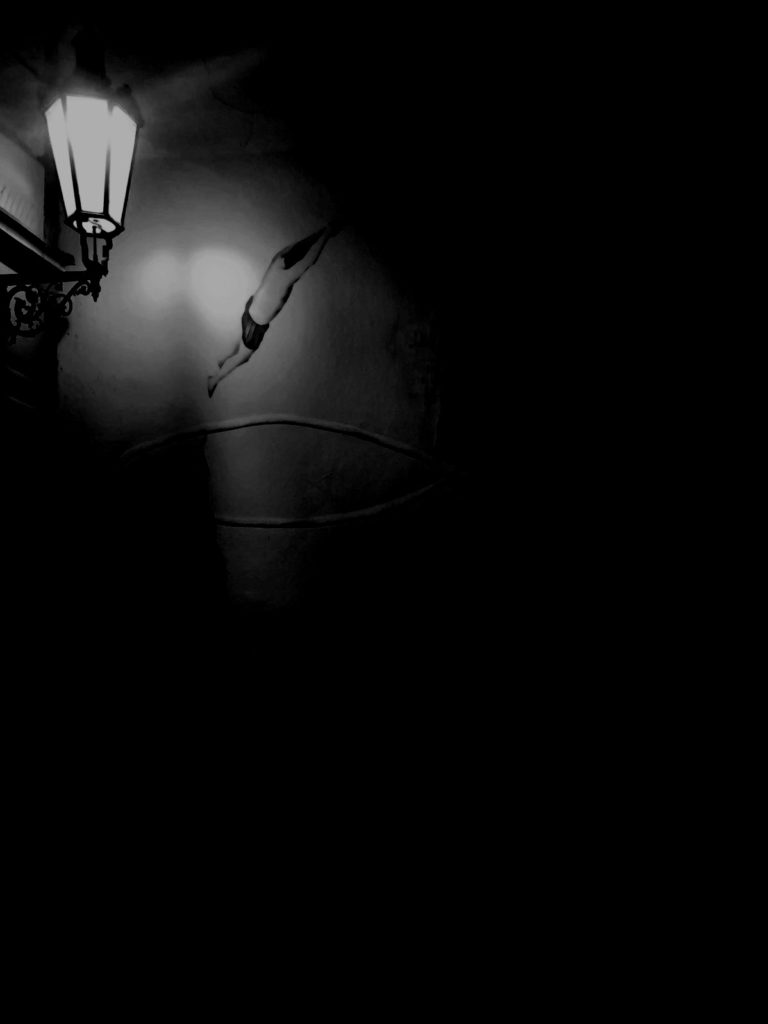
Transcendence occurs because the “for-itself”, that is, consciousness, is a nothingness. Consciousness, for Sartre, is what it is...
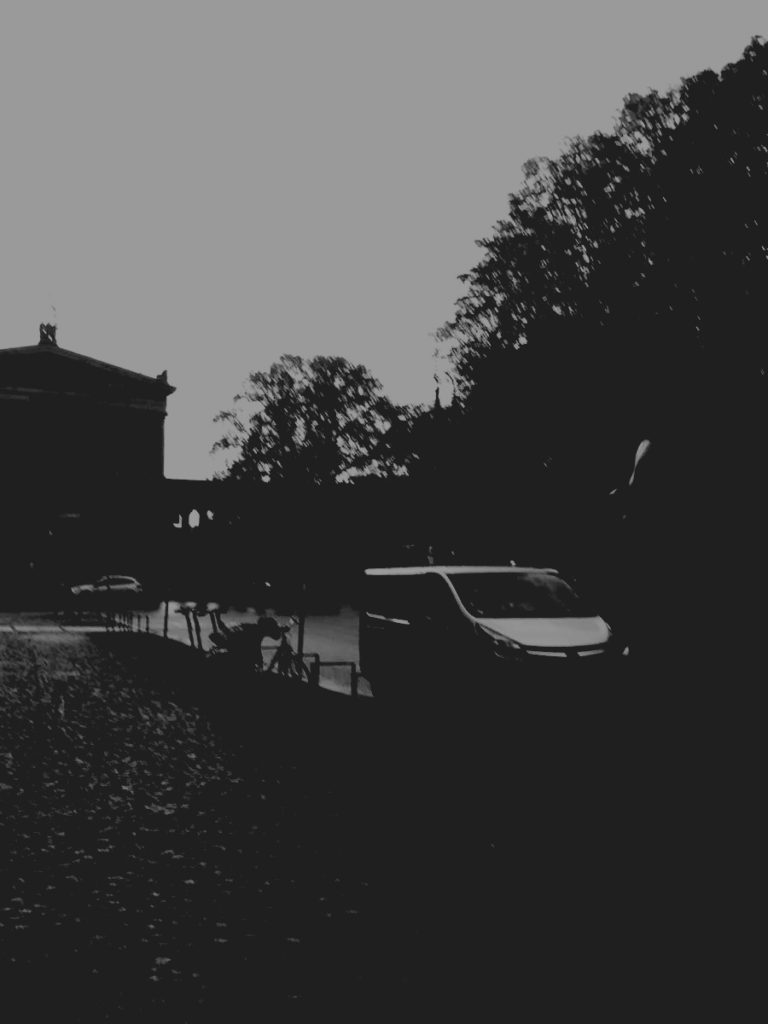
Nietzsche says that since there is no meaning awaiting there to be found, we always invent that for...
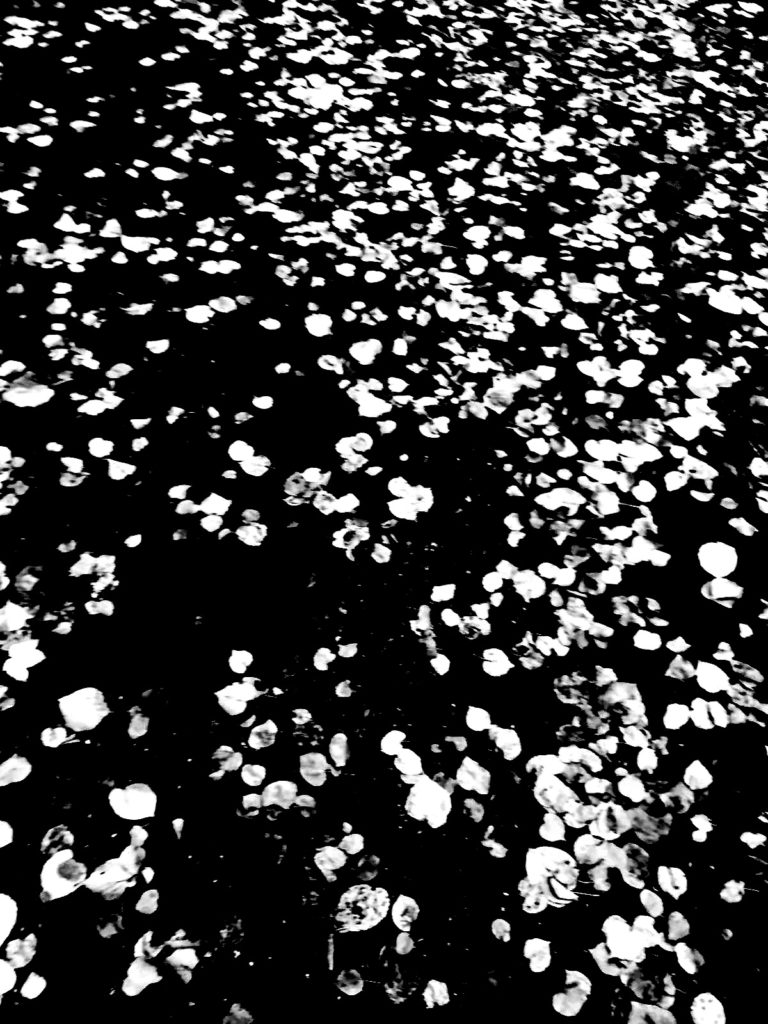
For Schopenhauer, death is central because it is linked with the “will-to-live”. Death also opens up a space...
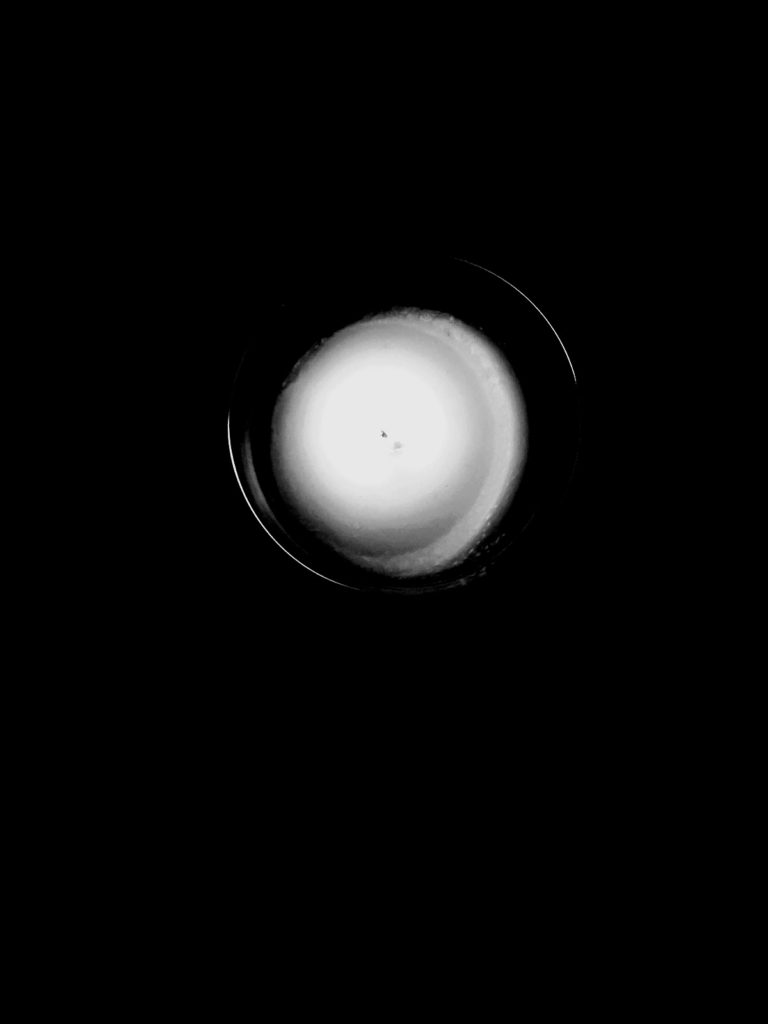
Schopenhauer constructs a philosophical system around and upon what he calls the “will-to-live” and thus implies death and...
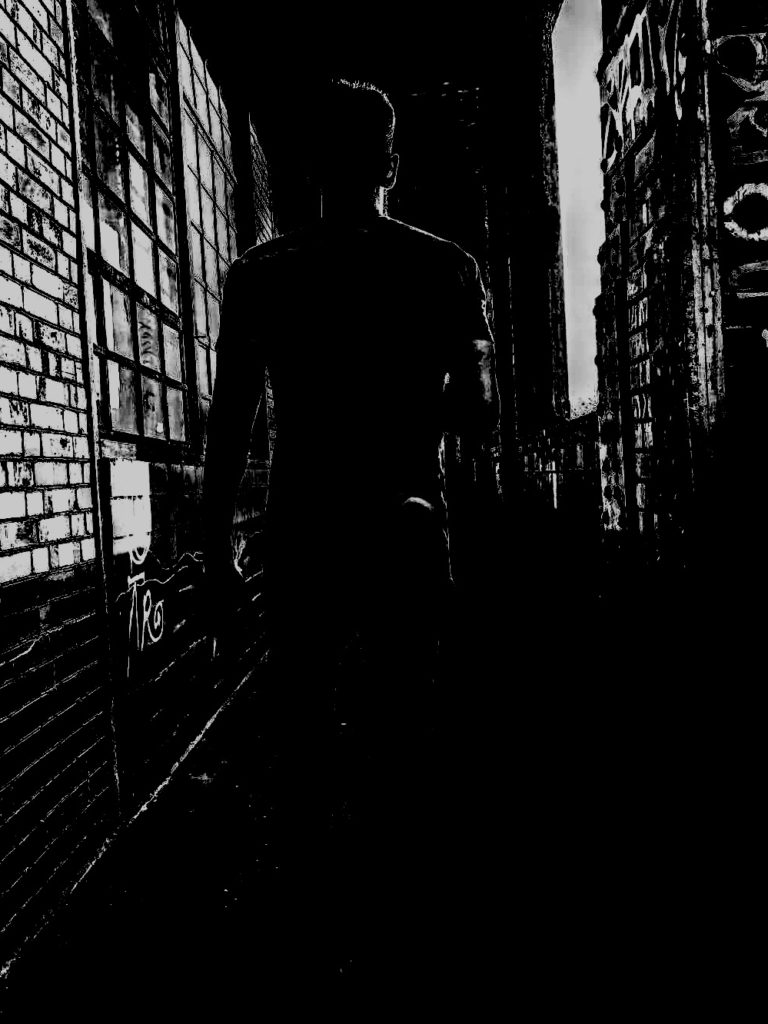
The body is not a tool that the individual might use, but rather the center and origin of...
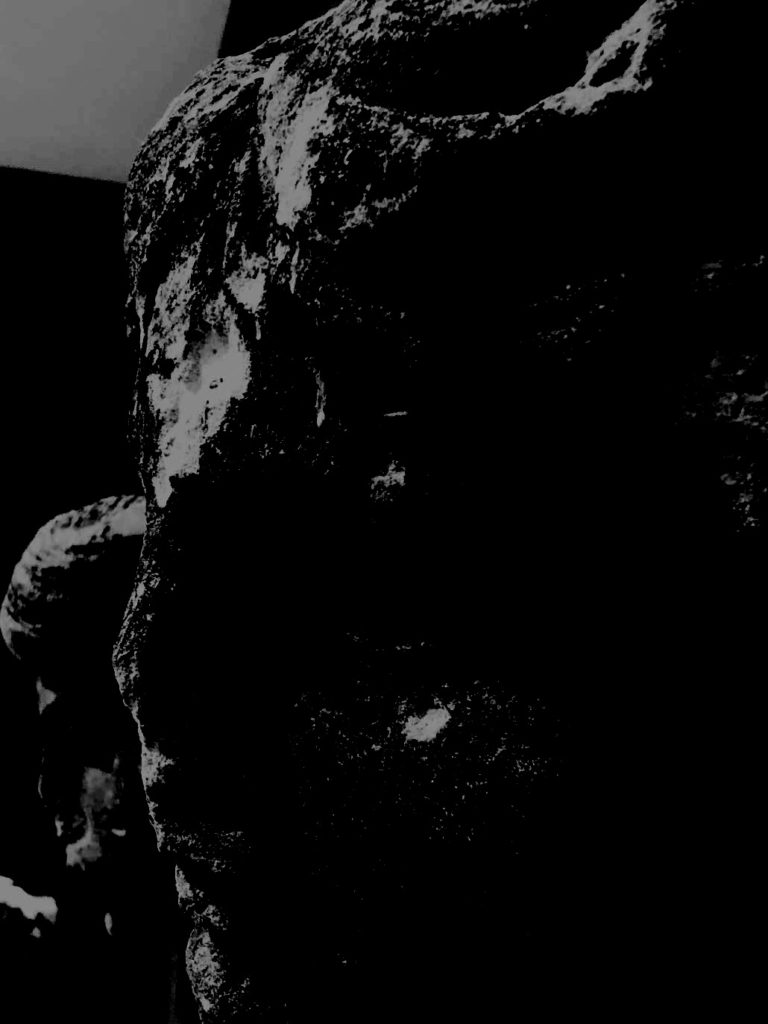
Perhaps it all began in Nietzsche’s philosophy; or perhaps the origin is very far from Nietzsche, yet it...
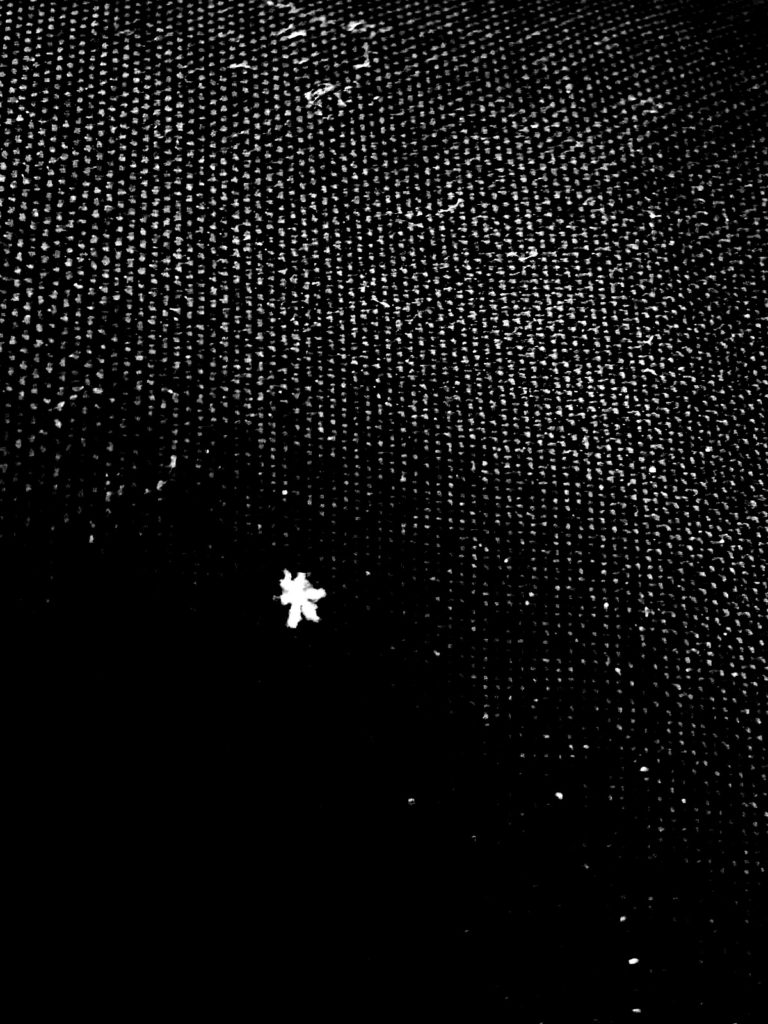
Schopenhauer links together suffering and the “will-to-live”, thinks them form out of their togetherness, and says that suffering...
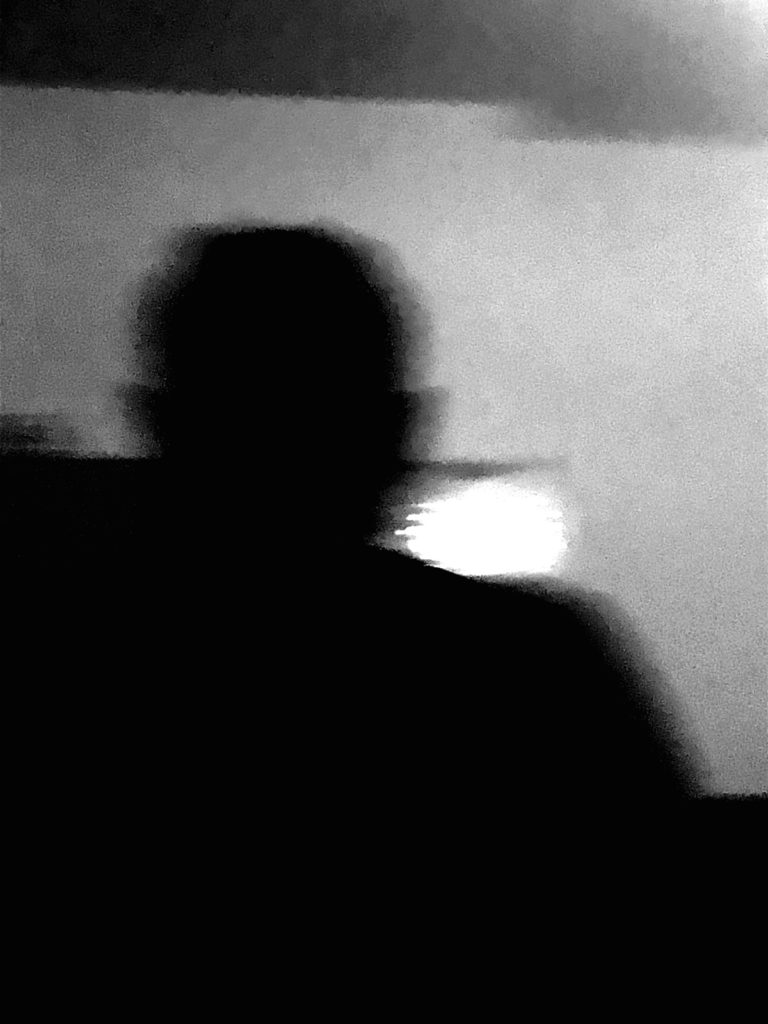
In Being and Time, Heidegger says that the scope of the concept of authenticity must be extended to...
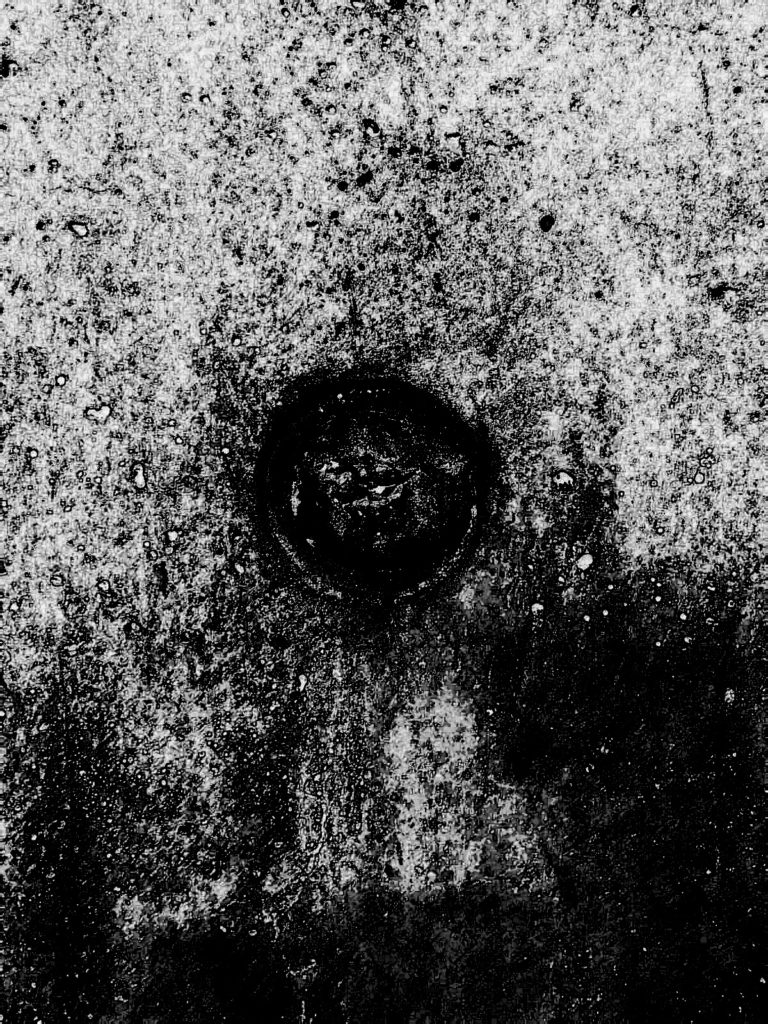
Sartre defines consciousness as nothingness and nothingness as freedom. It is in this togetherness of consciousness and freedom...
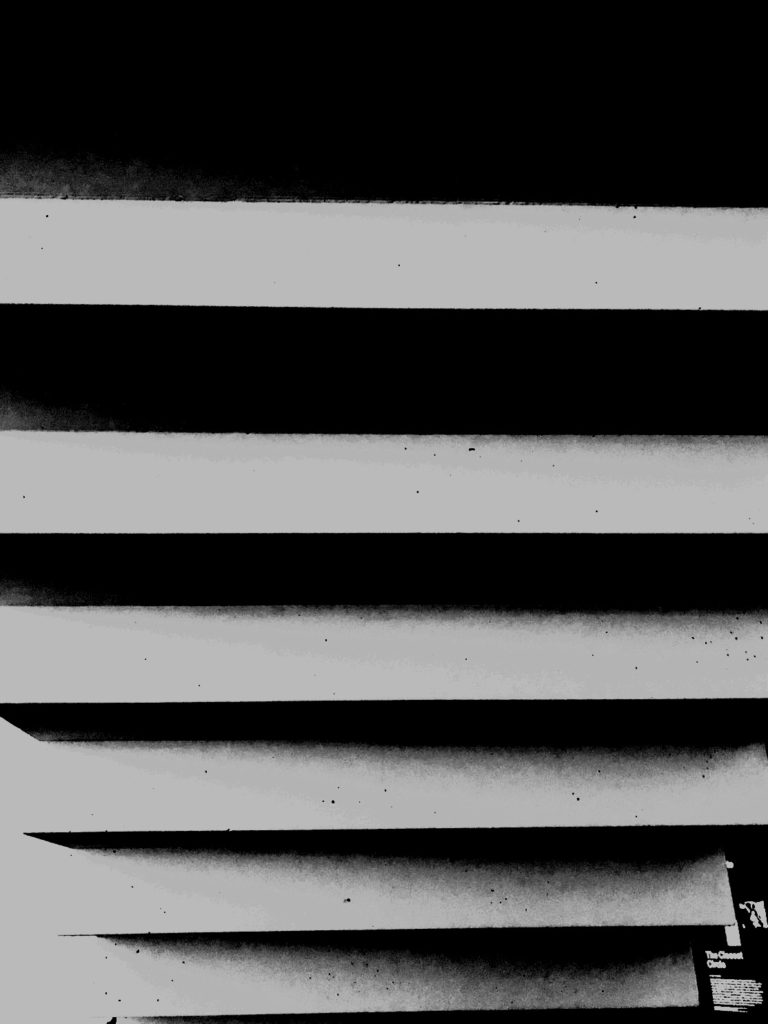
Every part of the postmodern city is multiple and other. The city is a discontinuity lacking any unity;...
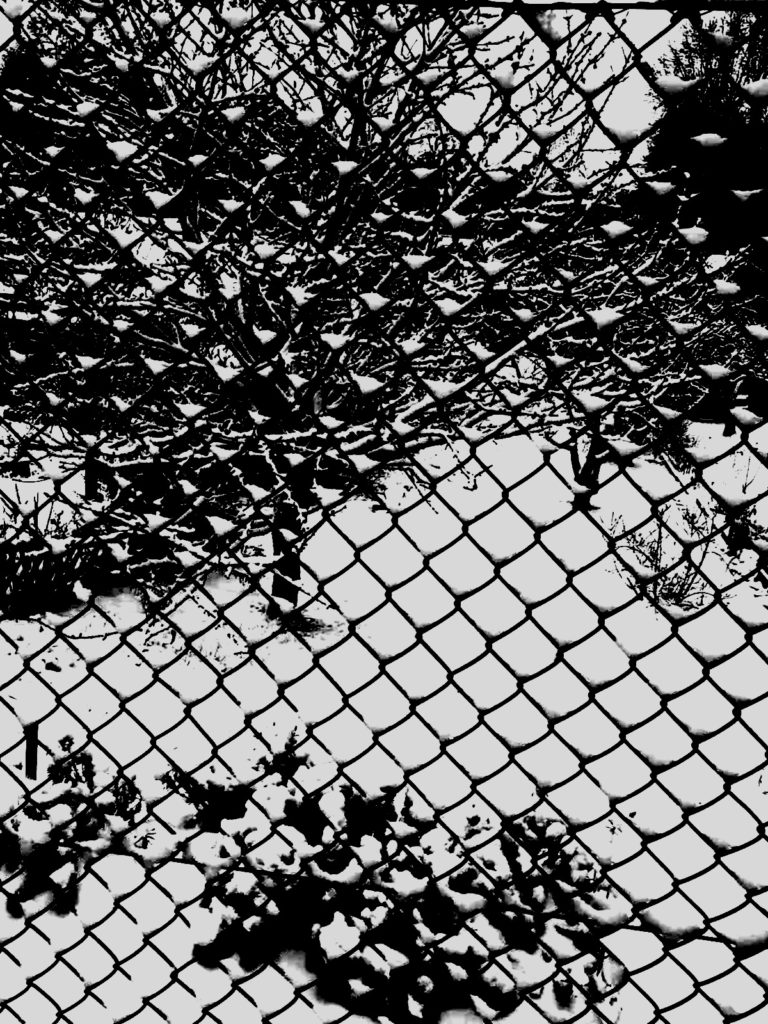
In Being and Time, Heidegger says that we are thrown into the world. In this short article, what...
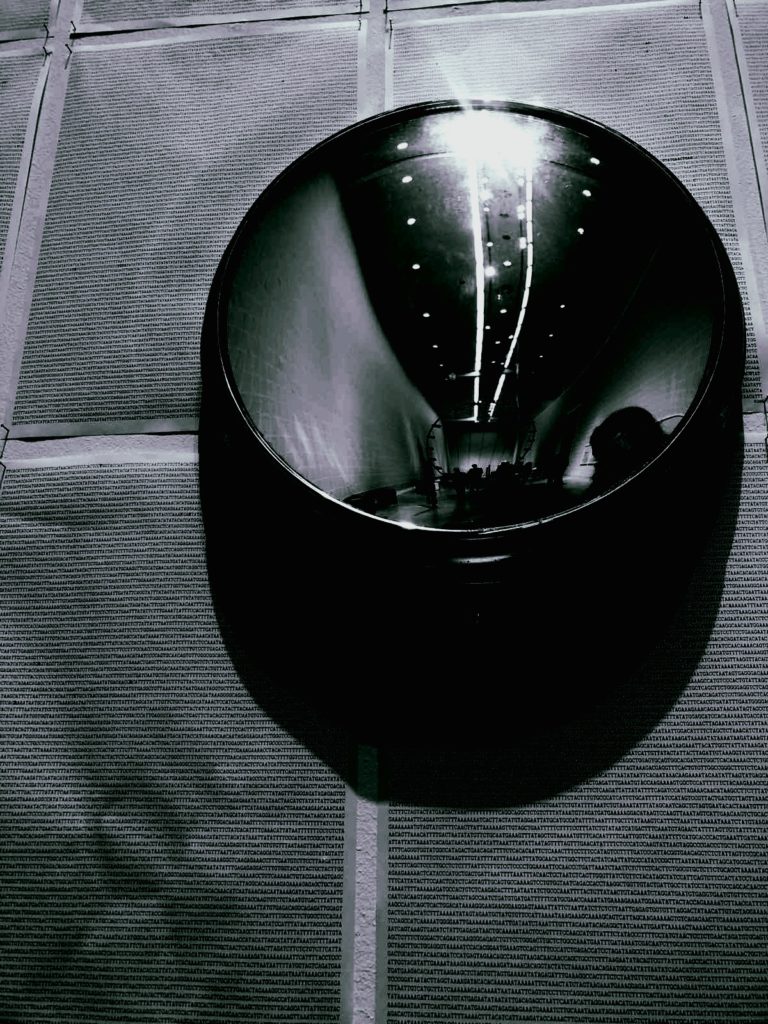
In Being and Nothingness, Sartre refuses any dualistic thinking of the world, and introduces what he calls “being...
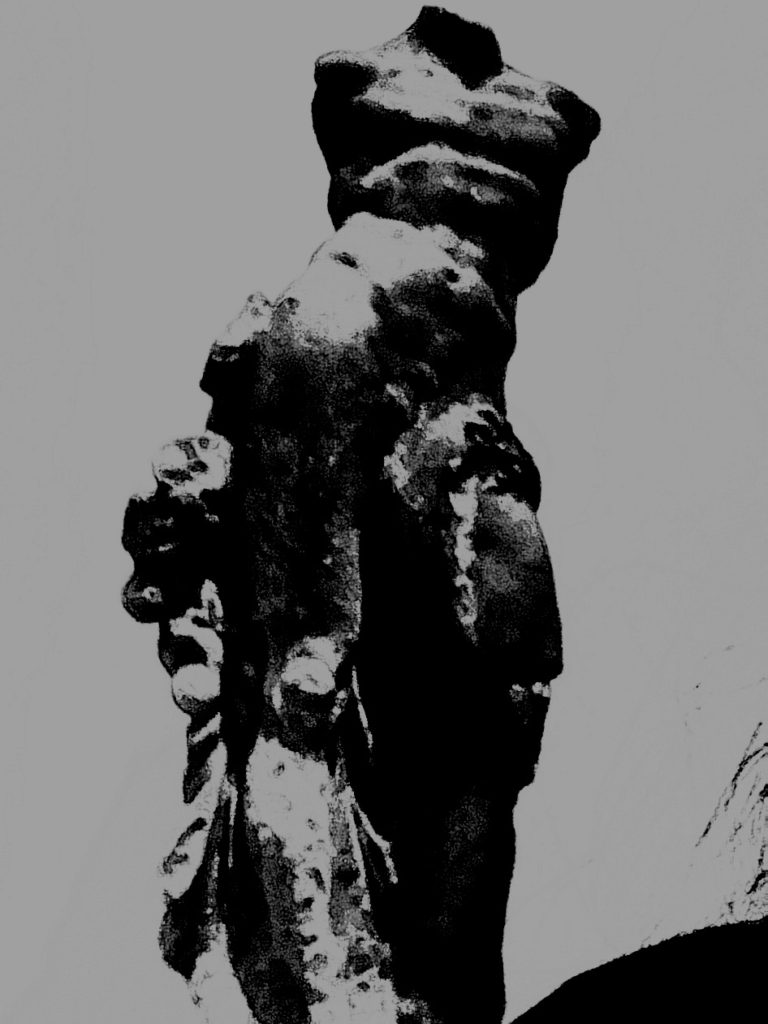
The unconscious, for Sartre, means that there is a part of ourselves that is absent, radically foreign, and...
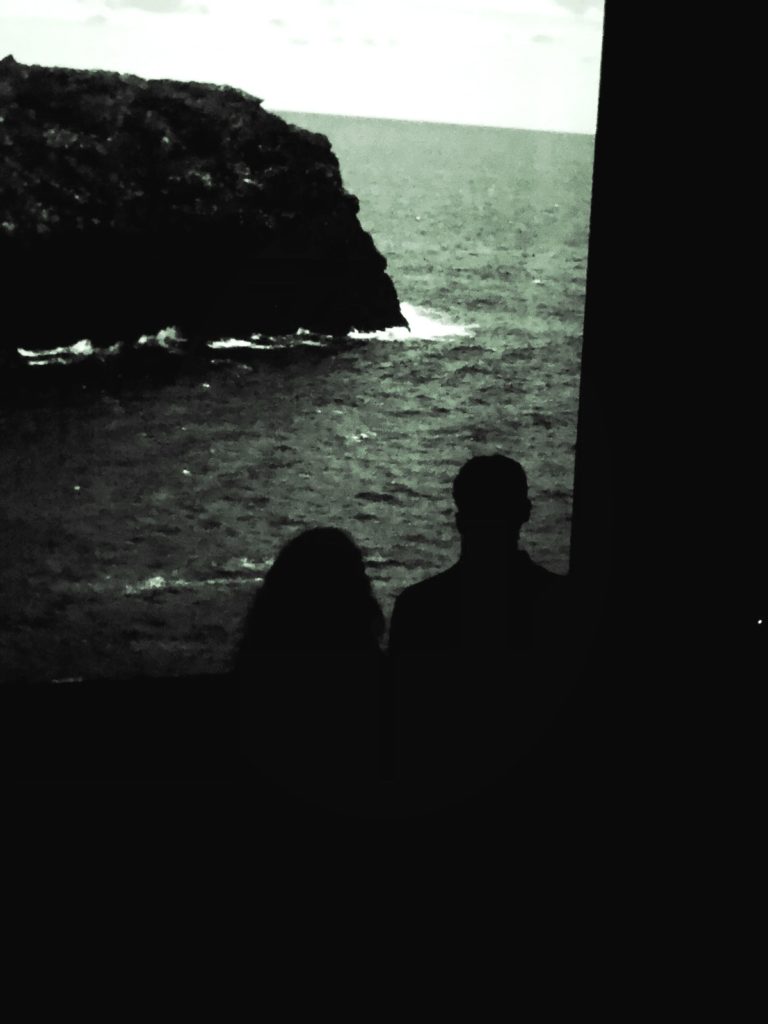
Perhaps it is through the following questions that Dostoyevsky’s writings might be approached: What does it mean to...
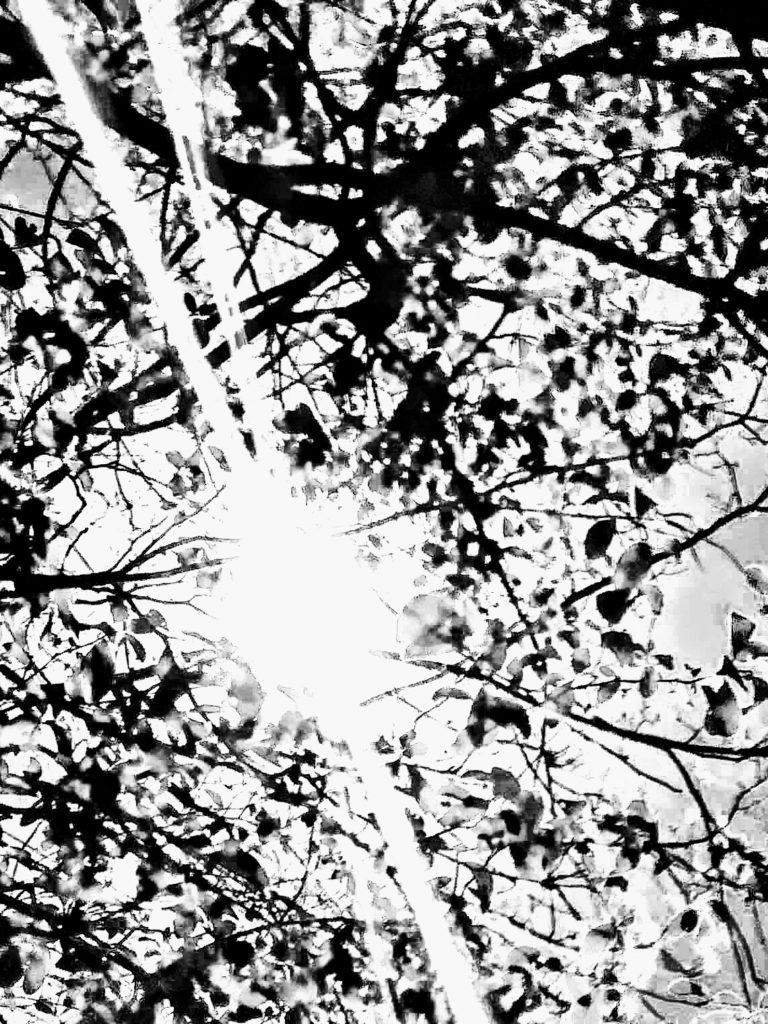
The fourfold thinks the thing. It is the gathering of earth, sky, mortals, and divinities into the forming...

Foucault thinks the breaking up of history into fragments, and introduces a difference between histories of continuities and...
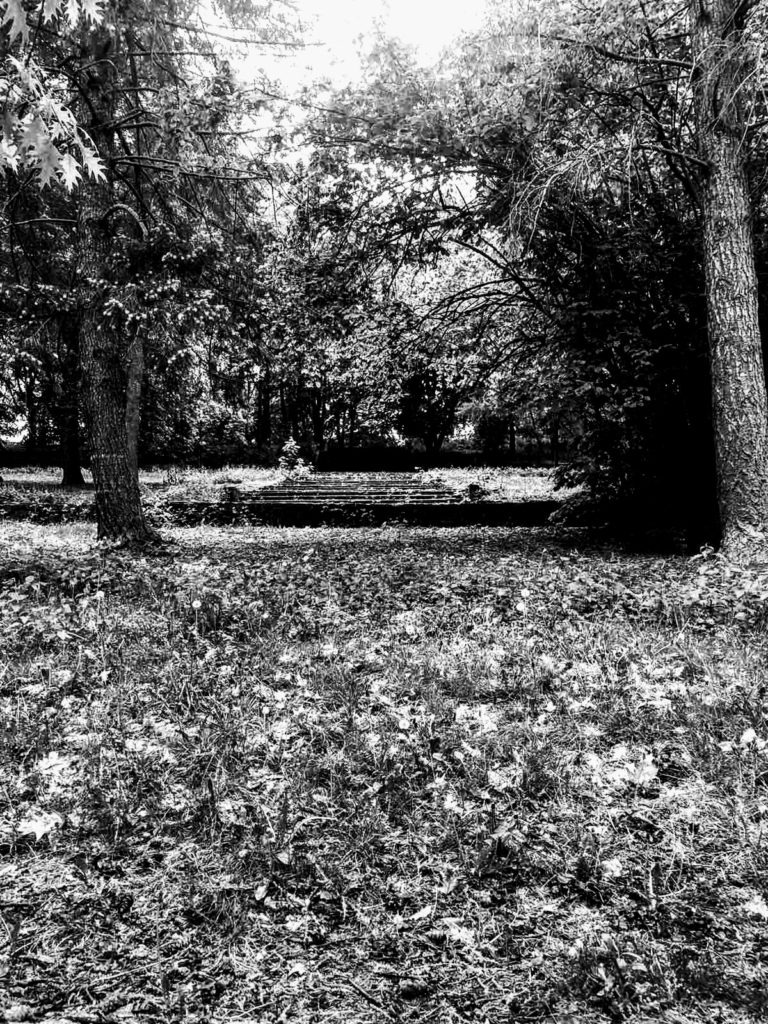
In Discourse on Method, Descartes places humans over against nature and brings them together into a relatedness governed...
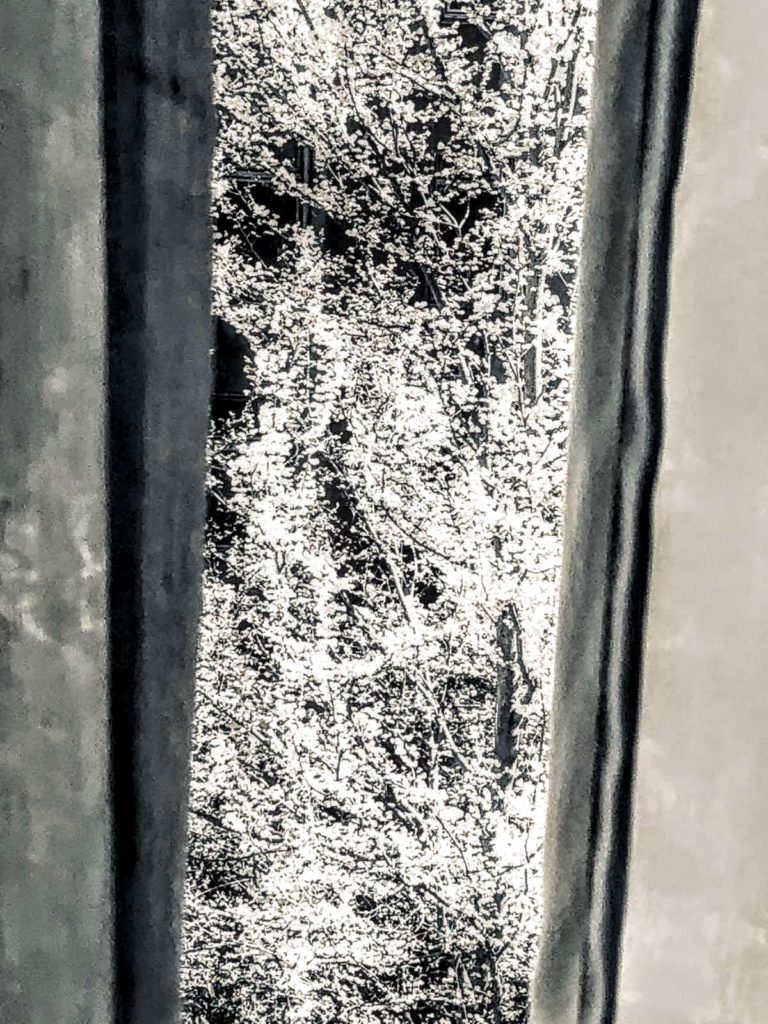
We belong to a time, according to Heidegger, in which a breaking up of the onto-theology holding metaphysics...